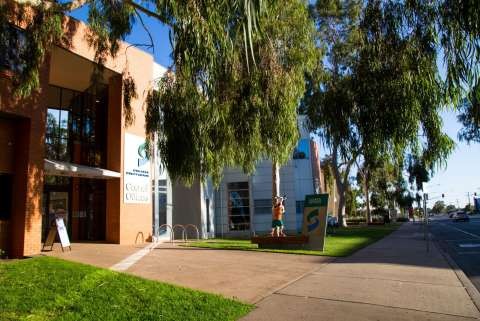Urgent amendments to legislation will be made that will validate and clarify 30 years of custom and practice that Queensland has used to hold young people in watchhouses and manage their movement to detention centres.
Urgent amendments are required to address a matter that was raised recently in the Supreme Court that highlighted an error in the orders being made for young people going into detention and raised the need to validate and clarify 30 years of custom and practice that Queensland has used to hold young people in watchhouses.
These changes will allow Police and Youth Justice to continue to operate as they have for the past 30 years.
We are committed to ensuring that young people ordered into custody by a court should spend the least amount of time possible in a watchhouse before going to a detention centre.
However, in circumstances where they are waiting for a court appearance or waiting for a place in a youth detention centre, it is necessary to keep some young people in a watchhouse – for their safety, the safety of our staff, and the safety of the community.
A human rights override declaration applies to this decision-making process and is time limited. It is operational until 31 December 2026 or until new purpose-built detention infrastructure is operational. New detention centres at Woodford and Cairns are expected to be operational in 2026.
A human rights override declaration will also be made to allow a youth detention centre to be established at a police watchhouse or part of a corrective services facility. This provision is only intended to be used in extraordinary circumstances as a business continuity measure.
Comments to attribute to the Minister for Youth Justice Di Farmer:
“We have a plan, and we have invested heavily in community safety. We are targeting serious repeat offenders, tackling the complex causes of youth crime, and giving a voice to victims.
“Our new strong laws allow for the courts to declare high-risk offenders as serious repeat offenders.
“They’re some of the toughest laws in the country and mean these serious repeat offenders can be sentenced for longer periods of time to protect community safety.
“Longer time in detention also allows for more intensive rehabilitation to help tackle the complex causes of youth crime.
“The fact that the courts have already made 28 declarations shows these stronger laws are starting to work.
“We do not take these decisions lightly. The chief executive must consider factors including the duties of the chief executive and commissioner as employers, as well as the needs of the young person including their age, sex, cultural background and physical and mental health
“We have introduced strong youth justice laws to keep the community safe while at the same time investing an additional $100 million in early intervention and prevention programs to break the cycle of youth crime.”







